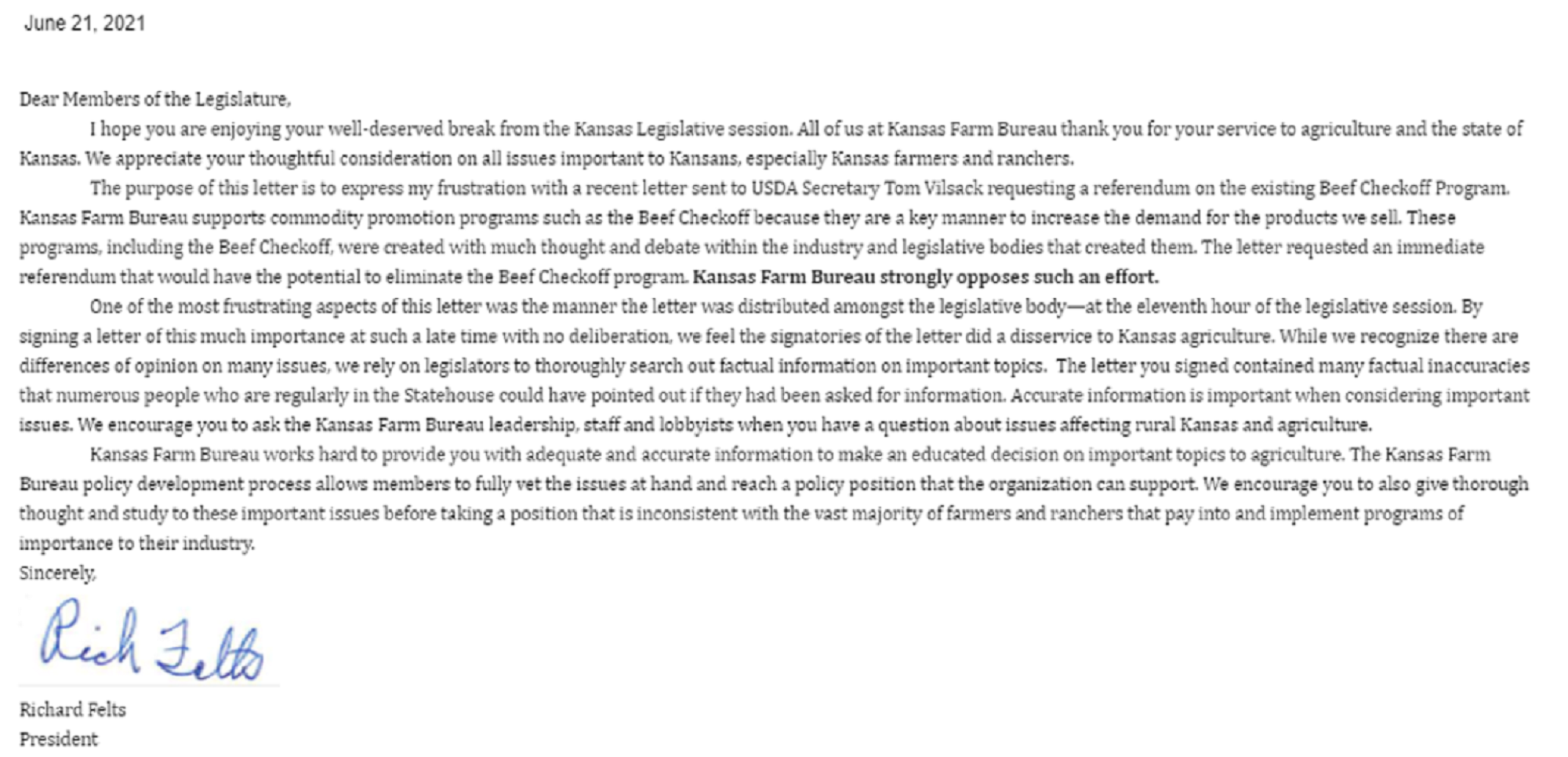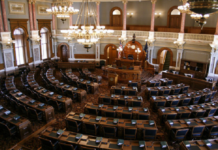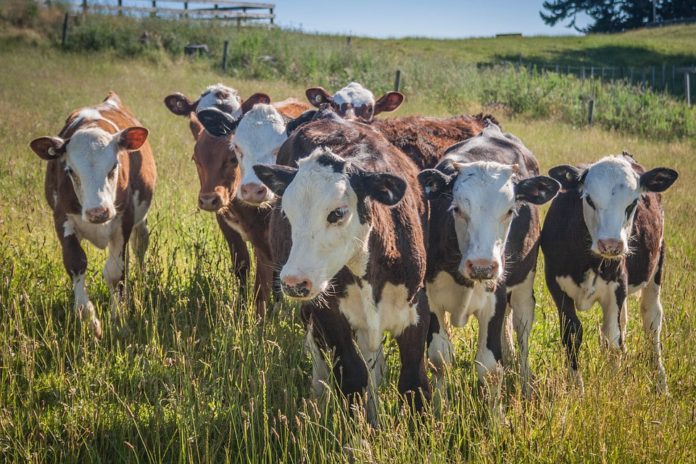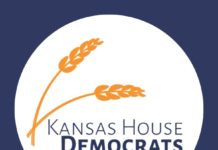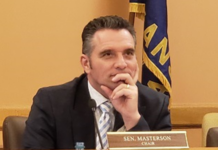The state’s most influential agriculture groups are angry over a letter signed by more than a third of the Kansas Legislature that called for a national vote on a tax used to promote the sale and consumption of beef.
The Kansas Farm Bureau and the Kansas Livestock Association have voiced their unhappiness over a May 17 letter signed by 65 members of the Kansas Legislature as well as 65 lawmakers from 10 other states.
The letter centers on a dispute over whether the proceeds of the tax should be used exclusively to promote U.S. produced beef. The agriculture groups say regulations don’t allow for that narrow of a promotion.
The letter signed by a bipartisan cross section of Kansas legislators called on U.S. Agriculture Secretary Tom Vilsack to hold a national referendum on the Beef Checkoff program and potentially eliminate it altogether.
The Kansas signers included Senate Vice President Rick Wilborn, then-Acting Majority Leader Larry Alley and House Minority Leader Tom Sawyer as well as a handful of committee chairs in both chambers.
Other signers included at least four members of the House Agriculture Committee and at least three members of the Senate Agriculture and Natural Resources Committee.
The chairs of both committees — Rep. Ken Rahjes and Sen. Dan Kerschen — didn’t sign the letter. Rahjes said he wasn’t approached about signing the letter or asked about his opinion about the letter.
The Farm Bureau’s president called the letter a “disservice to Kansas agriculture,” criticizing the manner in which the letter was distributed in the closing hours of the legislative session on May 7.
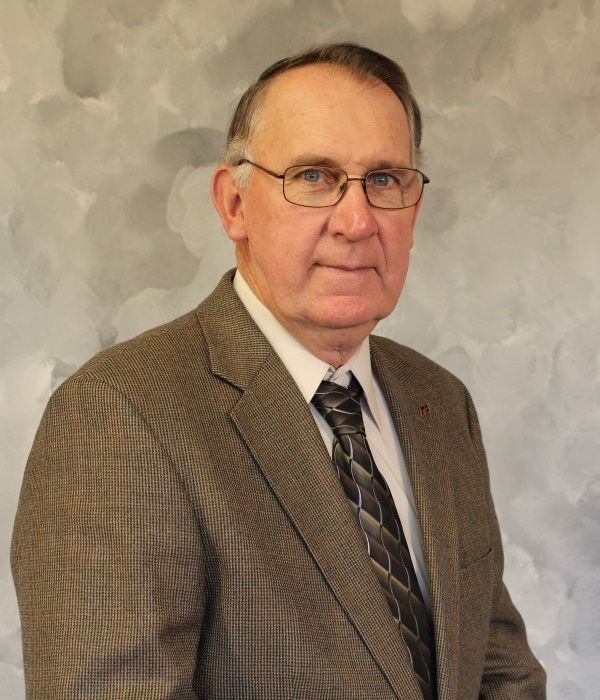
“The letter requested an immediate referendum that would have the potential to eliminate the Beef Checkoff program,” Farm Bureau President Rich Felts said in the letter obtained by the Sunflower State Journal.
“Kansas Farm Bureau strongly opposes such an effort.”
Felts said the Farm Bureau supports commodity promotion programs such as the Beef Checkoff because they help increase the demand for products they sell.
Kansas ranks third nationally in cattle production and beef processing, which is the single largest sector in the Kansas agriculture industry. Cattle and calves generated $8.29 billion in cash receipts in 2018.
The letter to Vilsack was circulated by Republican state Rep. Tatum Lee of Ness City, who was elected by GOP precinct committee leaders last year to replace the late Leonard Mastroni.
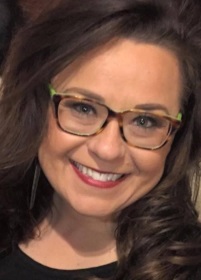
Lee said Republican Sen. Alicia Straub of Ellinwood – vice chair of the Senate agricultrue committee – distributed the letter in the Senate. Straub could not be reached for comment for this story.
Lee is the development director for R-CALF USA, which last year joined an effort calling for a national referendum to terminate the Beef Checkoff program.
Established by the 1985 Farm Bill passed by Congress and approved by 79% of producers in a 1988 national referendum, the program collects $1 from the sale of each head of cattle.
It generates about $76 million nationally and about $3.8 million for Kansas per year.
The letter, which the agriculture groups said is laced with inaccuracies, says the proceeds of the tax are intended to exclusively promote U.S. beef.
“Unfortunately, that money is being funneled away from its original intent and is being used by private associations and entities that do not exclusively represent USA beef,” the letter says.
“Why is a federally mandated tax going to support and promote foreign beef as well as private entities?” the letter states.
“Our state’s cattle producers deserve to advertise their own exclusive product with a checkoff that’s working for them, not against them.”
The letter was signed by a total of about 130 lawmakers from Kansas and 10 other states, including 27 from Oklahoma, 12 from Arkansas and seven from North Dakota.
But it was the signatures from Kansas that caused the Farm Bureau and the Livestock Association the most grief.
Lee circulated the letter on the last night of the regular session on Friday, May 7, prompting the Livestock Association to alert lawmakers to its opposition shortly after midnight May 8.
“The timing of circulation had nothing to do with political strategy and everything to do with the fact that I had the time with my colleagues to sit and speak to many of them about supporting beef agriculture in Kansas,” Lee said in an email.
While the Livestock Association had not seen the letter Lee was distributing at the time, it indicated it would likely oppose the proposal and asked lawmakers not to sign the correspondence, according to an email obtained by the Sunflower State Journal.
“Please know that while this is a federal issue, you are being given one side of this story,” said the 12:17 a.m. email from Aaron Popelka, the Livestock Association’s vice president of legal and governmental affairs.
“KLA would welcome the opportunity to fully explain the good things the beef checkoff is doing in Kansas in an open and transparent manner, instead of late at night on the last day of session,” he said.
The situation escalated Monday when Felts wrote a letter to lawmakers expressing his displeasure with the letter.
He admonished them for signing the letter at the last minute of the regular session.
“One of the most frustrating aspects of this letter was the manner the letter was distributed amongst the legislative body — at the eleventh hour of the legislative session,” Felts’ letter stated.
“By signing a letter of this much importance at such a late time with no deliberation, we feel the signatories of the letter did a disservice to Kansas agriculture.
“While we recognize there are differences of opinion on many issues, we rely on legislators to thoroughly search out factual information on important topics.
“The letter you signed contained many factual inaccuracies that numerous people who are regularly in the statehouse could have pointed out if they had been asked for information, ” he said.
The Livestock Association said the original intent of the checkoff was never to solely promote USA beef.
The group says it was not sold that way during the initial referendum in 1985, and federal regulations prohibit such a promotion, except in overseas markets.
KLA points to specific regulations that have been interpreted to mean that the proceeds for the tax can’t be used to only promote U.S. beef. One regulation says that any promotion or advertising cannot use any unfair or deceptive acts or practices with respect to the quality, value or use of any competing product such as foreign beef.
The group said the Beef Checkoff is not used to promote private entities.
It said any qualified state beef council is required to operate under strict federal rules that require checkoff funds to only be spent on research, education and promotion of beef.
Federal law prohibits checkoff funds from being used for lobbying activities, the group said.
Lee, who owns a ranch in Ness City, insists that the money must be used to promote U.S. beef.
“Checkoff dollars are being used to promote USA Beef in foreign markets, but Kansas and U.S. producers are not allowed to use checkoff dollars to promote their USA Beef in their USA market,” Lee said.
“The groups are simply wrong and the inability for producers to use their government-mandated dollars to promote their product is wrong and needs to be changed,” she wrote in an email.
Lee said she took a leave of absence from R-Calf during the session and this project was personal to her. She said her employer didn’t request the letter.
“I ran for this seat because I have witnessed first hand the market failures and beef check off failures in our own family ranch,” Lee said in an email.
“I have no loyalties to anyone but my conscience and my constituents when I’m serving in that capacity,” she wrote.
“I feel very strongly that producers deserve to have a say in the government-mandated beef checkoff program, and so do my constituents and the many other legislators who joined the letter in support of the producer’s right to vote.”
Wilborn responded with a statement saying he appreciated the opportunity to have a conversation about the program.
“I know we all agree that promoting the beef industry in Kansas helps our local economy and puts food on the table, not just at home but across America,” he said.
“I am committed to working with industry partners to achieve our common goal of securing strong markets for Kansas beef.”
Alley could not be reached for comment. Sawyer declined comment through a spokesman.
Republican state Rep. Pat Proctor of Leavenworth signed the letter, more as a show of support for Lee than because of his passion for the issue.
“She talked to me about the issue. I like and trust her, so I signed onto the letter,” he said. “I’m in an urban district, it doesn’t directly affect me and my constituents. It was really supporting a fellow legislator.”
Some other signers of the letter reacted cooly to the Farm Bureau letter.
“I joined a letter signed by many of my colleagues after an intensive week in the legislative session,” Democratic state Rep. Brandon Woodard said in a text.
“Rather than sending ‘shame-on-you’ emails to legislators their organization has never met with,” Woodard wrote, “advocacy organizations that are upset by the letter should instead begin working with all legislators, regardless of their political affiliation, to make their voices heard on important issues like this.”
Republican Sen. Mark Steffen of Hutchinson, a rancher, shared a similar reaction.
“The last thing I need is a lobbyist telling me about agriculture, particularly in a condescending manner,” Steffen said in a text.
“I talk to a lot of farmers who feel they are being left behind in agriculture decision making.
“They know a lot about ag but don’t know Mr. Felts from Adam. He let the Farm Bureau down and our farmers and ranchers.
“I look forward to better representation from the Farm Bureau moving forward,” he said.
Democratic state Rep. Stephanie Clayton of Overland Park also signed the letter. She said the letter “seemed fair.”
“I think it’s a pretty bipartisan signature list,” she said. “I am just looking forward to an open dialog with KLA.
“There are lot of opportunties to communicate with us and for us to communicate with them,” she said
“I think it’s opportunity for us to have a discussion,” she said.
Here is copy of the email Richard Felts sent to lawmakers.
